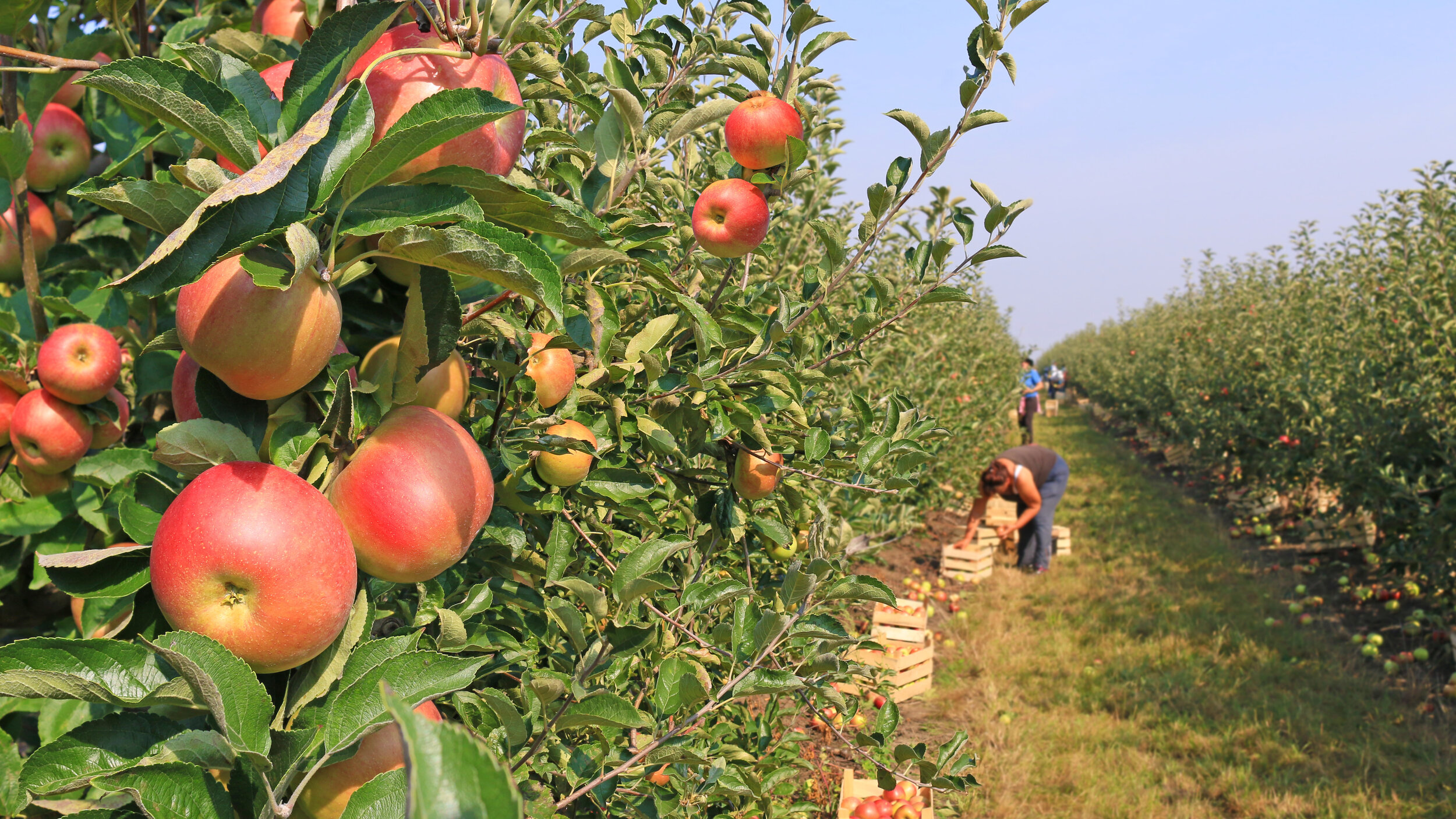Time to get Australians back to work
The Federal Government’s welfare payment adjustments strike the right balance between providing an appropriate level of social support and encouraging workplace re-engagement. By Anne Ruston.
In response to COVID-19 the Morrison Government acted decisively to put in place significant support for people who found themselves without work by effectively doubling unemployment benefits.
We have provided significant taxpayer funded assistance to support Australians. In total, the Morrison Government has provided more than $267 billion in direct economic and health support.
Employment is now returning and more than 93 per cent of the jobs lost during the pandemic have returned.
As the economic recovery kicks in and with the commencement of the vaccination program Australia is confidently moving into the next phase of how we fight this pandemic and battle to secure the livelihoods and lives of Australians.
We always said that the emergency interventions to get Australia's economy through the pandemic would be temporary, they would be targeted and they'd be proportionate. And now we are moving from short-term emergency measures to long-term arrangements that people can rely on, should they find themselves out of work.
This week I was joined by the Prime Minister and Employment Minister Michaelia Cash to make what was the single biggest announcement in relation to working age payments in Australian history – a $50 per fortnight increase to the rate of income support for 1.95 million Australians.
We made the decision recognising that COVID-19 has caused a once in a lifetime disruption to the labour market; while the comeback in Australia’s economy is already underway we know we will continue to confront challenges as we get back to normal.
We considered a range of factors to come to this decision while balancing three key principles – our responsibility to support unemployed Australians, to incentivise people to take up work and to keep the welfare budget sustainable into the future.
During the height of the pandemic we temporarily increased income support to levels never seen before with the effective doubling of JobSeeker through the Coronavirus Supplement and the JobKeeper Program.
But we have seen that keeping these sorts of supports in the system for too long has a distortionary effect. The fact that we are struggling to get people to undertake seasonal work raises legitimate concerns that elevated welfare payments can discourage people from re-engaging with the jobs market.
Forget a pub with no beer – pubs across Australia are now pubs with no workers where they are struggling to hire staff.
And that is happening despite the fact we know there are more than 400,000 Australians on JobSeeker who should be willing and able to take up any job opportunities presented. These are people who are single, with no dependent children and no barrier to work.
To try and ensure unemployed Australians can understand the benefits of work, we are also increasing the income-free area to $150 per fortnight, which means people on JobSeeker can work a full day at the minimum wage each fortnight before they lose a cent of their payment.
It is important for people to try to re-engage with the workforce, because even a small amount of work while in receipt of welfare payments means people will be twice as likely to get off taxpayer-funded support in the short term.
Now is the time for individuals to look beyond their past experience and to try something new. For example while many people may have never considered seasonal work, as a former horticulturalist I can say from experience that working on a farm is very rewarding personally.
As the Prime Minister has explained, you can’t run the Australian economy on taxpayers’ money forever. We want to have an economy that is standing on its own two feet.
Going forward our absolute focus is on jobs creation because we know that getting a job is a real game-changer in anyone’s life. The benefits of employment far outweigh the reliance of welfare.
Employment opportunities give people a sense of purpose and are key to unlocking improved economic security, independence and wellbeing.
Senator the Hon Anne Ruston is Minister for Families and Social Services.

